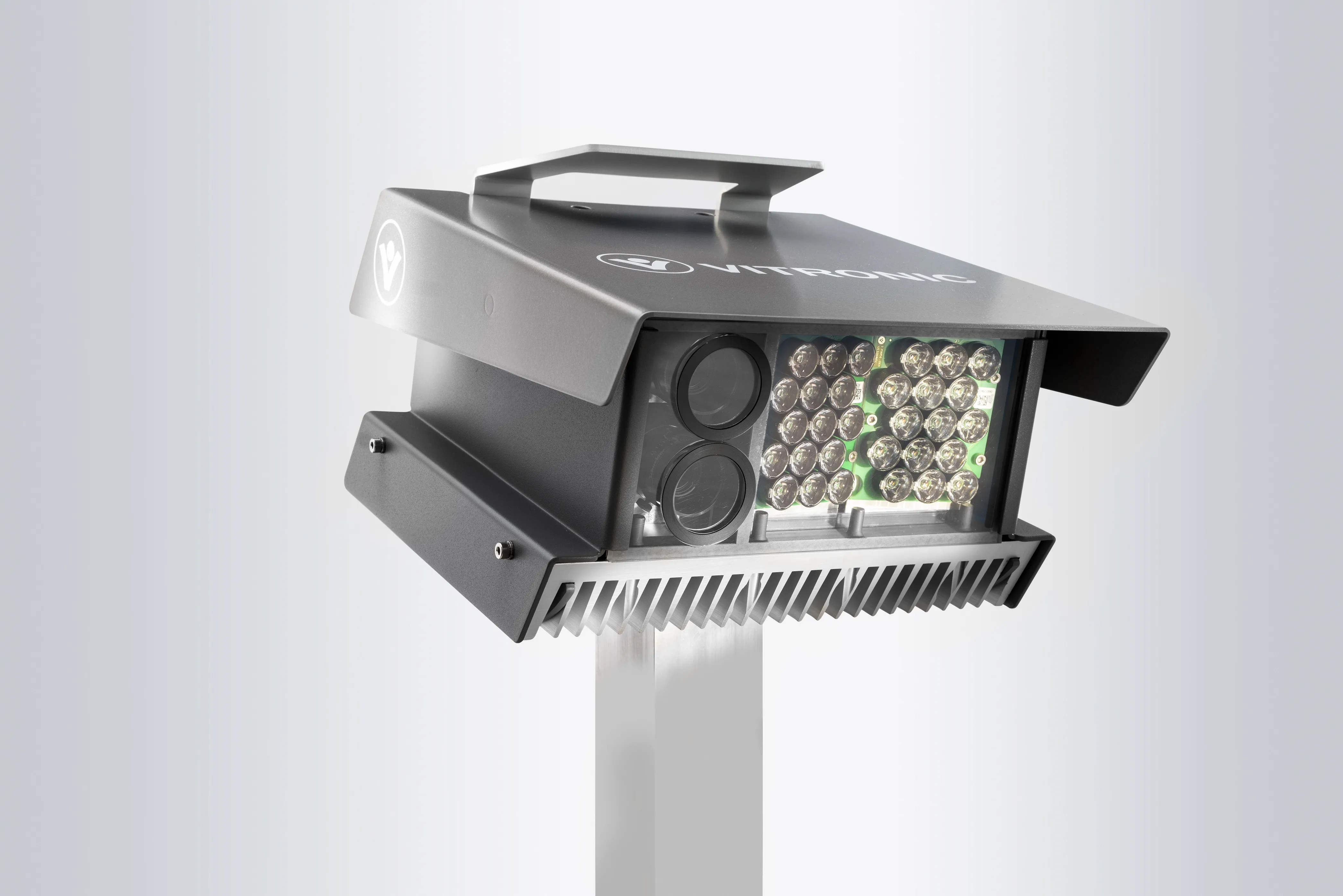The Enova SecureNAS T1 is a 16-bay secure Network Attached Storage (NAS) system that integrates the company's latest FIPS 140-2 certified X-Wall MX-256 (AES ECB 256-bit strength) and X-Wall MX-256C (AES CBC 256-bit strength) crypto modules that are responsible for encrypting/decrypting connected disk arrays in real time. The AES secret keys that operate the SecureNAS T1 are delivered securely via a remote key server that runs under the administrator's Windows PC/laptop.
January 30, 2012
Read time: 1 min

The 1804 Enova SecureNAS T1 is a 16-bay secure Network Attached Storage (NAS) system that integrates the company's latest FIPS 140-2 certified X-Wall MX-256 (AES ECB 256-bit strength) and X-Wall MX-256C (AES CBC 256-bit strength) crypto modules that are responsible for encrypting/decrypting connected disk arrays in real time. The AES secret keys that operate the SecureNAS T1 are delivered securely via a remote key server that runs under the administrator's Windows PC/laptop.
The entire disk array is hardware encrypted by the XWall MX crypto module (full disk encryption) and as a result, no clear text is left unprotected. The AES secret keys and credentials are not permanently stored inside the SecureNAS T1 so that loss of the entire system or disk drive array presents absolutely no threat to all confidential data.
The entire disk array is hardware encrypted by the XWall MX crypto module (full disk encryption) and as a result, no clear text is left unprotected. The AES secret keys and credentials are not permanently stored inside the SecureNAS T1 so that loss of the entire system or disk drive array presents absolutely no threat to all confidential data.









